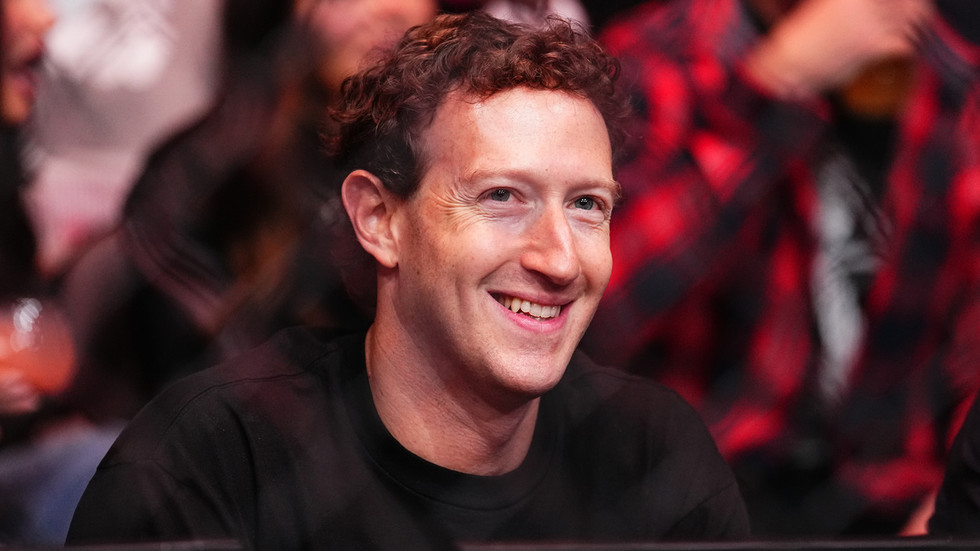Meta Platforms, the parent company of Facebook and Instagram, has made headlines by donating $1 million to the inauguration fund of President-elect Donald Trump. This significant financial contribution signals a strategic move by Meta CEO Mark Zuckerberg to mend the historically fraught relationship between the tech giant and the incoming Republican administration. Unlike previous administrations, Meta chose not to participate in inauguration donations, marking this action as a notable shift in corporate political engagement. The donation coincides with recent meetings between Zuckerberg and Trump, including a dinner at Trump’s Mar-a-Lago resort, emphasizing Zuckerberg’s intent to play an active role in shaping technology policy under the new administration.
Zuckerberg’s aims for improved relations come amidst a backdrop of contentious history, particularly highlighted by Trump’s utilization of social media platforms during his presidency and the subsequent suspension of his accounts following the January 6 Capitol riot in 2021. The suspension raised concerns about Trump’s potential to incite more violence through his posts. This move by Meta drew considerable public and political scrutiny, further complicating the tech giant’s relationship with the former president. Despite his accounts being reinstated in 2023, Trump has remained vocal about his criticisms of Zuckerberg and Meta, even labeling the company as the “enemy of the people” and calling for Zuckerberg’s imprisonment over alleged election interference.
Intending to cultivate a more favorable rapport, Zuckerberg has publicly commended Trump’s responses to various incidents, including a notable assassination attempt during a Trump rally in Pennsylvania. Furthermore, Zuckerberg reached out to Trump personally to apologize for mislabeling images of him, showcasing his willingness to address past grievances in hopes of establishing a collaborative environment moving forward. These gestures reflect an overarching strategy to build bridges with the incoming administration, particularly as both parties navigate the complex landscape of technology policy.
In a press briefing, Meta’s president of global affairs, Nick Clegg, clarified Zuckerberg’s desire to take an “active role” in the forthcoming administration’s technology policymaking. Clegg specifically highlighted the pressing issue of maintaining America’s dominance in technology, with a keen focus on advancements in artificial intelligence. The collaboration hopes to address the significance of tech regulations and influence the direction of industry standards in a rapidly evolving digital landscape. By aligning more closely with the Trump administration, Zuckerberg aims to ensure that Meta not only participates in these discussions but also plays a pivotal role.
As part of this strategic alignment, it’s important to note that Trump’s inauguration fund operates with fewer limitations on donations compared to other political committee structures. Considered a political nonprofit for tax purposes, contributions exceeding $200 must be reported to the Federal Election Commission, providing transparency in political funding while allowing high-value donations like Meta’s to influence the inauguration process. Trump’s previous inauguration raised a staggering $107 million, highlighting the lucrative nature of political contributions in shaping governance and administration priorities.
In summary, Meta’s significant financial contribution to Trump’s inauguration fund represents a strategic initiative by Zuckerberg to foster better relations with the incoming administration. By reaching out to Trump after years of tumultuous interaction and emphasizing his willingness to engage in technology policy discussions, Zuckerberg is positioning Meta to have a voice in the future of tech regulations. While the landscape remains fraught with challenges, the dynamics are shifting, and as both Meta and the Trump administration explore potential collaborations, the implications for the tech industry could be profound.

